Johns Hopkins guidelines allow us to conduct activities with the health and safety of our community at the forefront of our thinking.
Current Status
As of March 28
At this time:
- Johns Hopkins University has recently changed its COVID-19 vaccination policy. The university strongly recommends that all students, staff, and faculty receive at least one dose of any FDA- or WHO-authorized vaccine. More information
- Masking is optional in all campus, classroom, and work-related spaces; individuals may choose to continue masking. Faculty can request that students wear masks while in their classroom. More information
- The university offers symptomatic testing for students when clinically indicated at Student Health Services. Per CDC guidance, it is recommended that affiliates who are sick or experiencing COVID-19 symptoms stay home and away from others. More information





